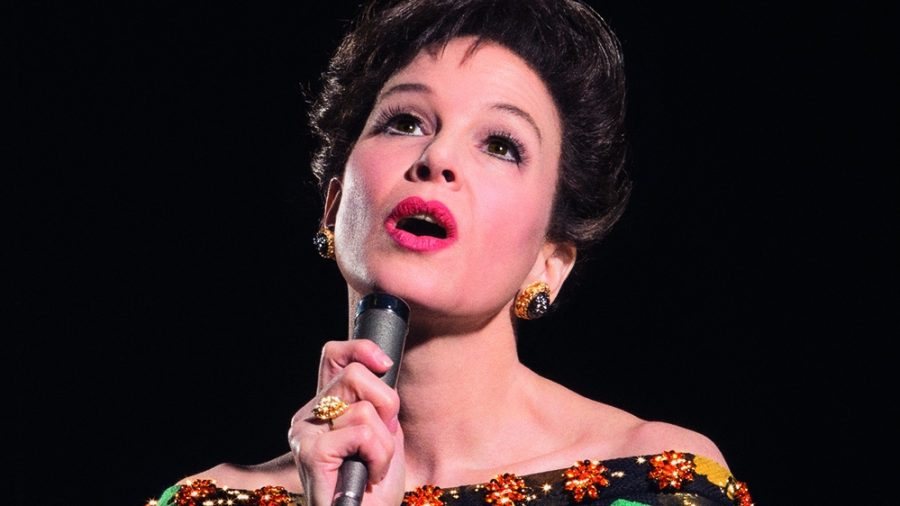Judy is further proof that stars are just as human as everybody else and that everyone goes through ups and downs.
An immaculate picture with an outstanding performance from its lead as the titular character, we follow the life of legendary performer Judy Garland (The Wizard of Oz) during her last years, faithfully played by Renée Zellweger and adapted from Peter Quilter’s Tony-nominated play – End of the Rainbow.
The film starts with a young Judy being told by MGM Studios co-founder Louis B Mayer (excellently played by Richard Cordery) that she has a gift that not many girls have, given her success against Hollywood child-star Shirley Temple at the time.
Fast-forward to many years later, Judy is now in her forties and is a parent to two children, but director Rupert Goold creates timely-inconvenient but visually-appropriate flashbacks of how Judy is instantly subjected to maltreatment in various forms, whether malnutrition, verbal, emotional abuse (the list does go on), it immediately similar evokes feelings of today’s social movements such as TimesUp and the Me Too movement, which may be confusing for some given the amount of social issues of its time period.
Judy can no longer perform in the United States due to a decline in popularity and relocates to England for what looks like a promising career, only to be sadly hindered by substance abuse as well as a tumultuous love life with Sidney Luft (Rufus Sewell) with whom she has her two children she desperately seeks custody over and new found love, Mickey Deans (Finn Wittrock). All of this is attempted to be balanced by personal assistant Rosalyn Widler (Jessie Buckley) whom Judy initially has a strong resentment towards, but we see this change over the course of the film.
Her status as an LGBTQ+ icon does not go unnoticed. Whilst performing in London in 1968, immediately after her show, we see Judy meet two adoring gay fans at the back door and at their request, she joins them for food at their home. They bond over their difficulties (as homosexuality is still considered a criminal offence at the time), featuring some powerful words that will move audiences and prove Renée Zellweger is a forced to be reckoned with.
The film ends somewhat unpredictably, but it does not make for a good conclusion – instead, it is more of a fine, sweet, simple ending which works, but not to all tastes. As a biographical film, Judy just about works and this is clearly an award winning performance on Renée Zellweger’s part, but perhaps Rupert Goold could have offered just a little more in this superb biopic.
By Zach Omitowoju
Feature image credit: Pathe

